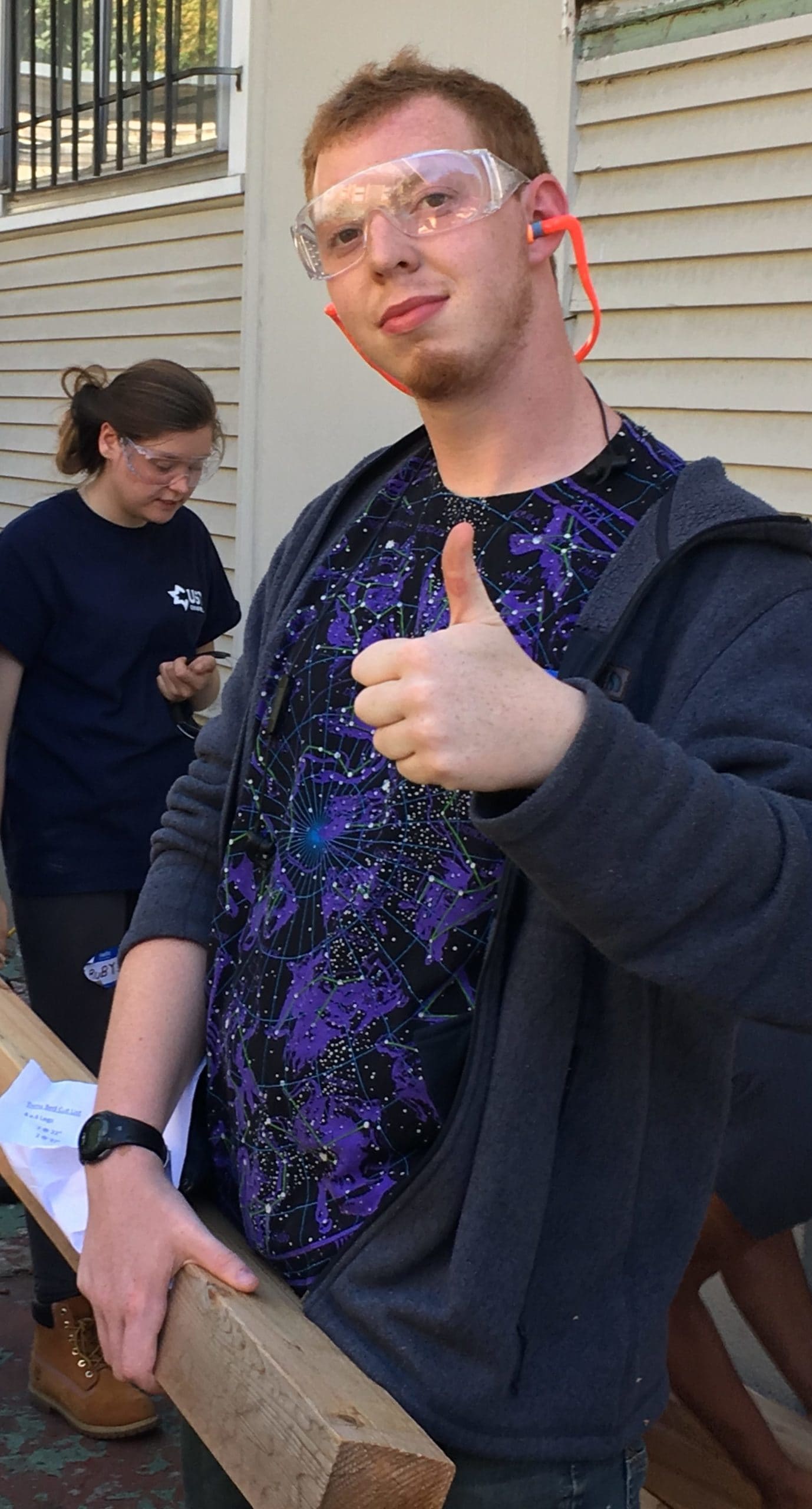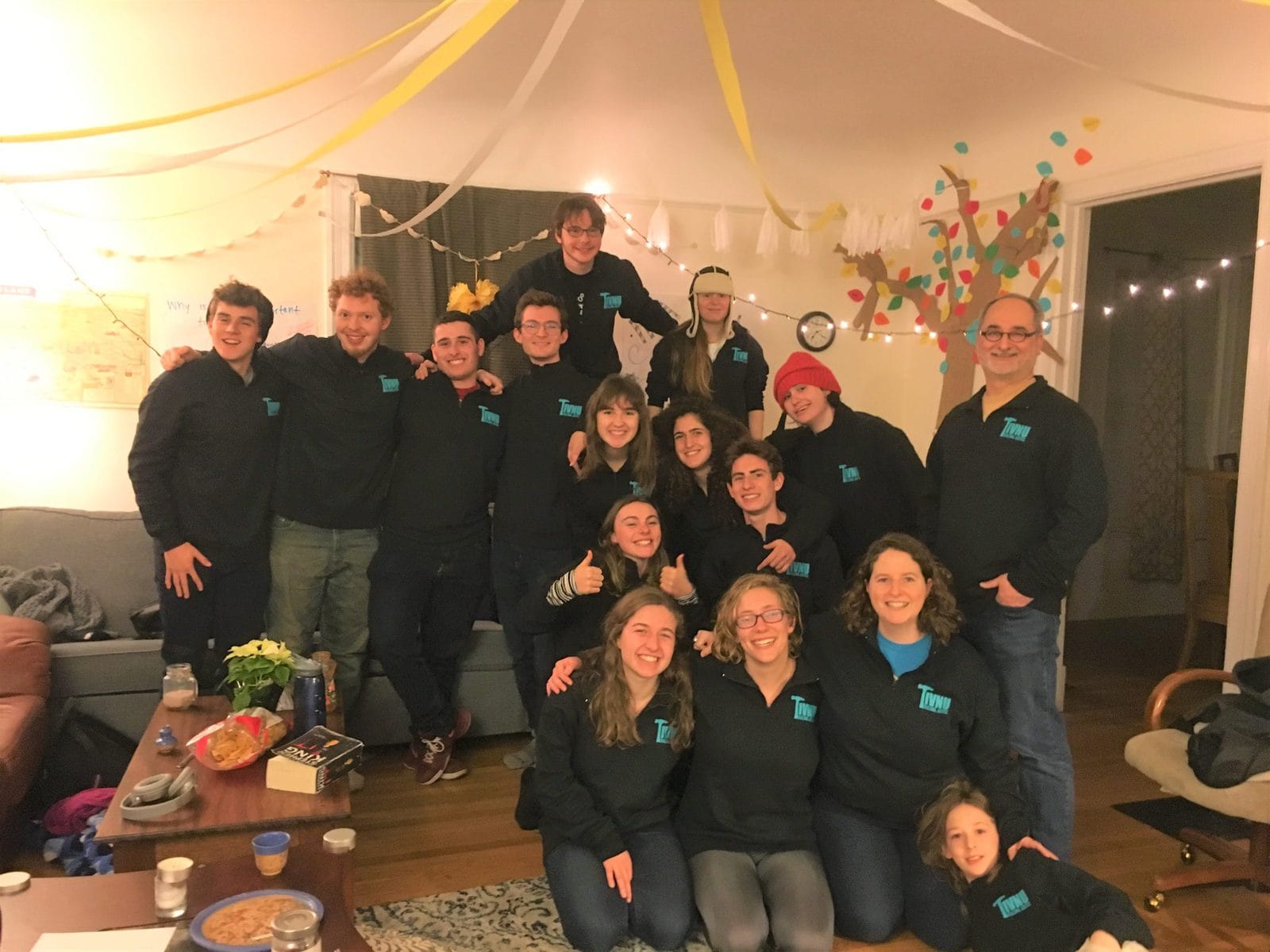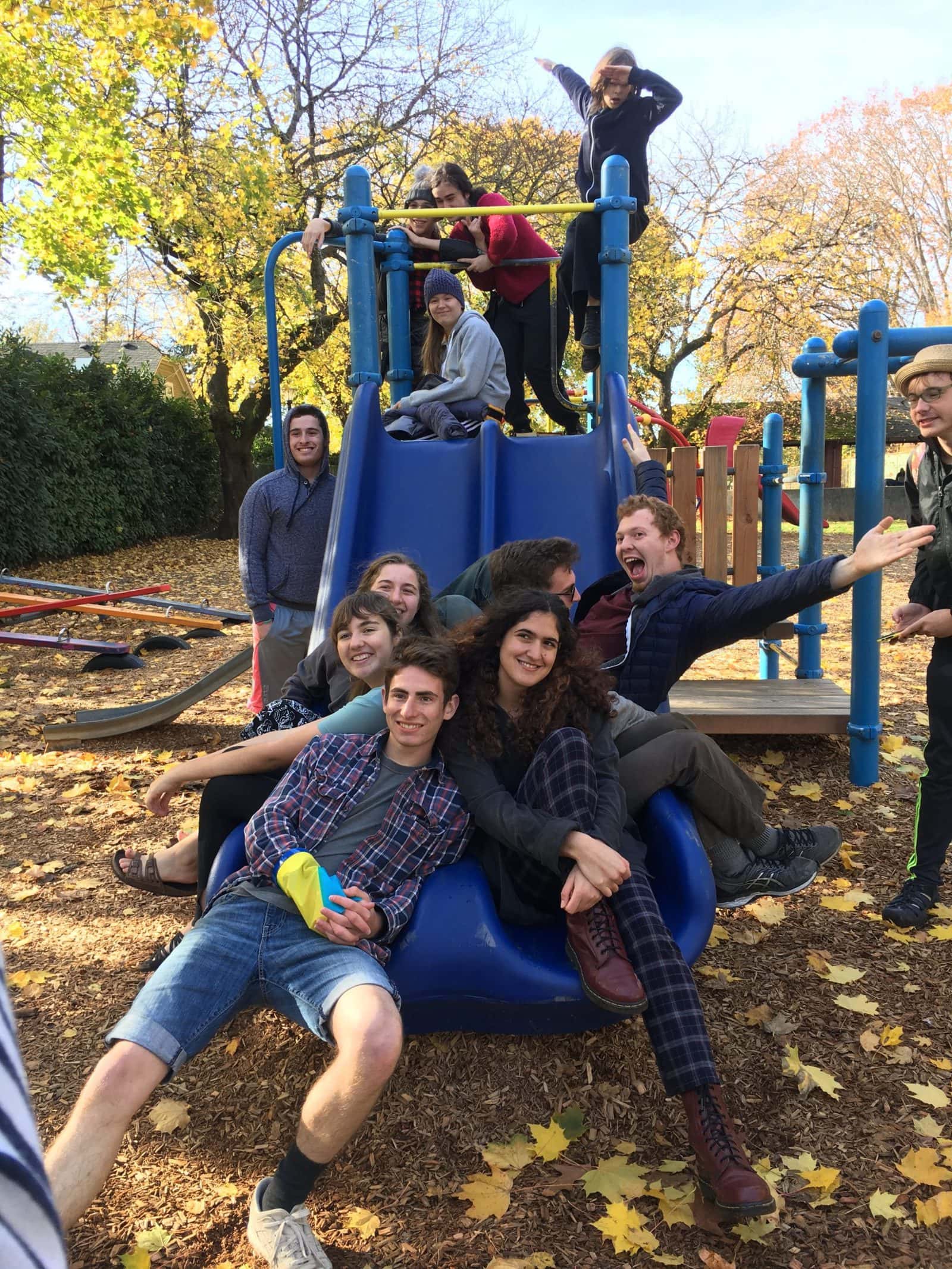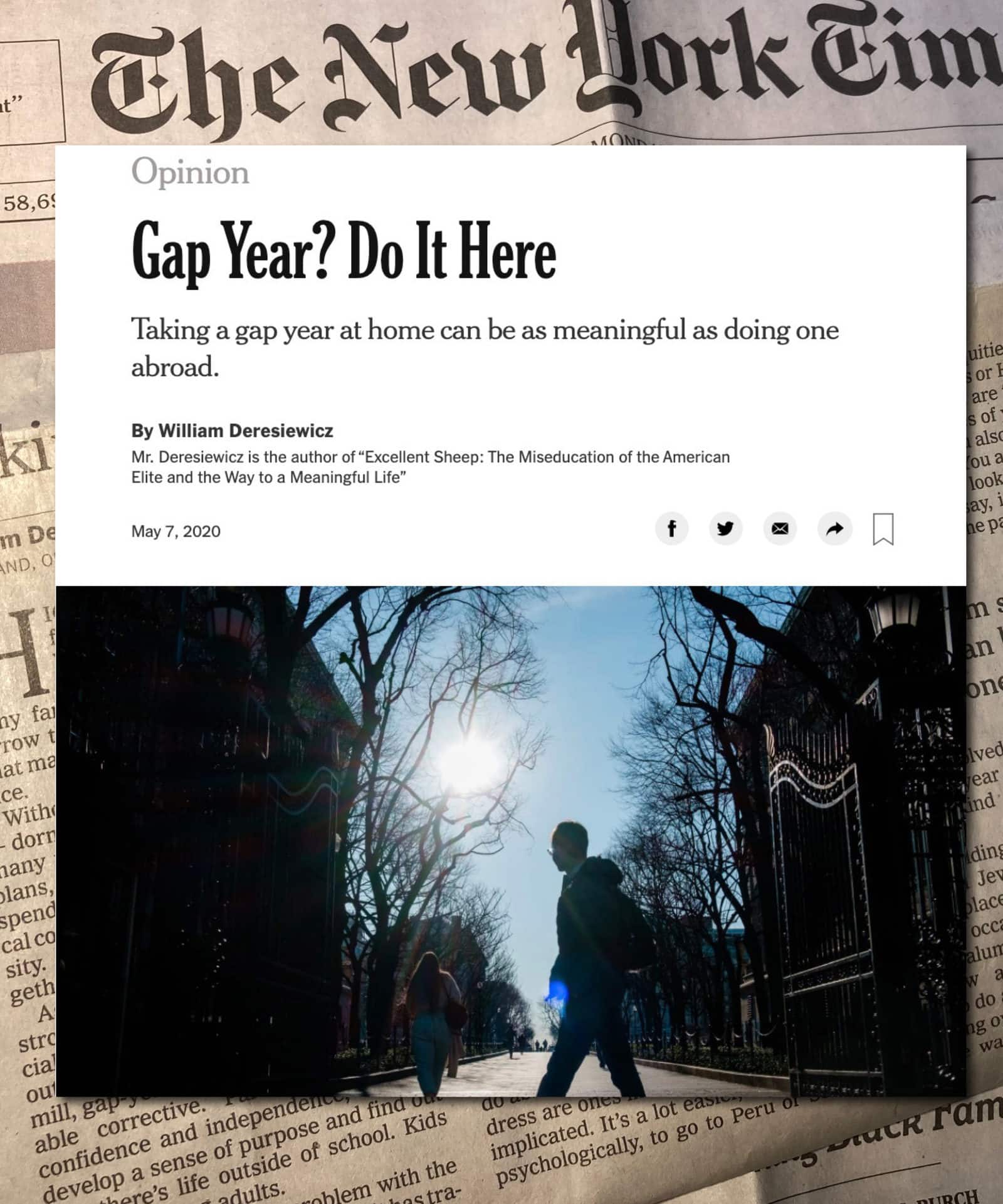This blog post was authored by Izzy Friedland, a member of the Tivnu 5 cohort from Maryland. When he’s not leading D&D sessions for other Tivnoodles, Izzy enjoys gaming, intellectual banter and hanging out with fellow Tivnuniks. He interns at Portland Jobs with Justice, Central City Concern’s The Living Room, and Tivnu construction.

I don’t know any good sayings about fundraising. I’m sure they exist, somewhere, but the truth of fundraising is notoriously unglamourous— Maybe there’s somebody out there who loves it like I don’t, but they aren’t offering to do it for me.Over the past few months, I’ve come, albeit slightly begrudgingly, to appreciate fundraising.
I always knew I’d have to help Tivnu, as an organization, raise funds. That promise was made clear from the beginning of the program, and it was comfortably fuzzy and abstract enough to merit my ignoring it. Sure, I thought. I can help raise some cash. Dial some numbers, talk to strangers on the phone. Whatever.
Then six months later, in the living room of our house in Portland, I abruptly realized that fundraising is a dramatically unappealing activity to me. At the time, I thought it ranked up there with will readings and jury duty, or maybe dentist appointments that don’t involve laughing gas.
In case any concerned parents are reading, that lack of appeal has nothing to do with Tivnu and everything to do with my own hang-ups about fundraising as activism. I know I’m not the only one to struggle with that instinctual disdain, because as a community we discussed our feelings going into the fundraising phase of our final semester. I was neither the most or least enthusiastic as we went in a circle, saying the first words to come to mind when we thought about fundraising. I went for a pretty tame “nervous.” Somebody else said “sleazy.” Some said “Empowering” or “Helpful”. Caryn, our RA who was running the program, took it all in stride. I got the feeling we weren’t the first generation of Tivnuniks to have different views on and struggle with feeling insecure when talking about fiscal matters.
Later, while I was preparing a list of names and contacts I could reach out on behalf of Tivnu, I talked to Caryn about my discomfort. Caryn’s our awesome Madrichol ( R.A.) by day and I assume some kind of nonviolent superhero by night, because people as nice as her aren’t supposed to exist outside of comic books. I didn’t know why I felt so awkward around fundraising, I told her. Maybe it was an anti-capitalism thing? Or it was some deeply ingrained moral disgust associated with any solicitation of money at all, which felt just as awkward given how many of my privileges stem from wealth I haven’t earned.

There’s a flaw in my thinking there, and it’s one I needed pointed out to me by Caryn before I could overcome it. My discomfort with the idea of soliciting money is ingrained, but not by the democratic values I’ve adopted as I mature. It’s the opposite, a deeply held conceit that the giving of money is an intimate act like a hug or a kiss, somehow obscene to request of strangers and friends alike. Our society bleeds green, and as many platitudes that we’re taught growing up about money not being everything, we’re still trained to flinch when our money is bought up, as if it’s something deeply private, as if to ask for something in exchange for nothing is to cross a moral line. In many ways, in this country, it is.

But that’s not a fair criterion. When I think of fundraising, now, I try not to think of it as asking for money. I think of it as something I get to do. It’s one of the ways I can leverage my privilege to contribute to building the more just world I want to see.
I get to support a program that’s given me more than I could ever ask for, to give back to a family of people I’ve come to love and genuinely believe in. By raising money for Tivnu, I’m helping to pay for scholarships for people who deserve to be here and will use this year to learn about changing and impacting our broken systems of society. With the help of funds we raise, young people like me will get to participate in this learning not because they can afford to come but because they want to be their best selves.
If you’re reading this, there’s a chance I might call you. Somebody will, anyway. We might be uncomfortable, but trust me: we believe in what we’re asking for. We hope you do, too.

Follow Us
Sign Up For Updates
Taking a gap year in the US can be as meaningful as doing one abroad.
 Featured in The New York Times
Featured in The New York Times